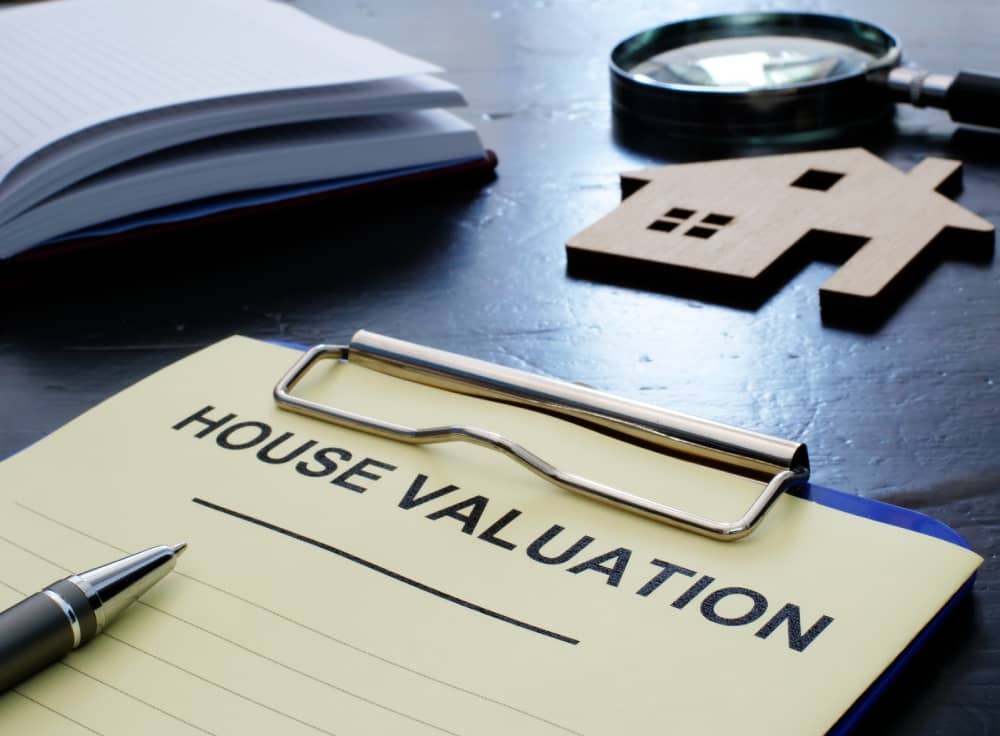Investing in a foreign market can be an attractive opportunity for many investors, especially new investors with low capital. The benefits of investing abroad can help broaden your portfolio. Real estate is an excellent investment to make if you’re looking to earn high rental yields from the buy-to-let property, which can help give you a potential regular income.
Real estate has a long-term appreciation. However, there are some risks associated with it, especially with foreign investments. That’s why you should have specialized guidance when looking for real estate properties to invest in abroad. You can find experienced agents right here to guide you in your next property investment.
Aside from having professional guidance, it is also vital to conduct your research before investing. To help you, below are the pros and cons of investing in real estate abroad.
Pros
- Low Entry Rates
A country with foreign investor-friendly laws, a thriving middle-class, and political stability is ideal for investing in real estate because it has an easy entry point. Some countries offer various incentives for investors and have lenient eligibility criteria. - Holiday Home
Family vacations are often stressful to plan and organize. However, this doesn’t have to be the case. By investing in a property abroad, you can use it as a holiday home. It can make planning family vacations less stressful because you don’t have to worry about finding accommodation at affordable rates. You can stay at your own holiday home. Therefore, it’s always a good idea to be strategic and thoughtful of where you decide to invest. - Earn Rental Income
Investing in real estate abroad is an excellent way to earn a passive income. Real estate assets typically appreciate over time, and the rental returns are usually high. Additionally, investments in real estate tend to have a positive cash flow, which means that you’re likely to make a profit as an investor.However, operating expenses, property taxes and management, vacancy rate, mortgage payments, and property purchasing price will determine a positive cash flow. These are some of the many factors you need to consider when investing in real estate abroad. - Diversify Your Portfolio
As an investor, you can reduce your investment risk by diversifying your portfolio. You can increase your long-term returns and reduce the overall risk for your investment. Additionally, it’s an opportunity to build an international portfolio.However, it would be best to do extensive research on the opportunities and risks of investing in real estate in a particular country. Moreover, analyze and seek specialized guidance on the different real estate assets before investing. Additionally, you should partner with a good property management company that has experience in working with international investors. - Emerging Markets
Investing abroad may help you gain exposure and growth. Entering a new market will allow you to gain new knowledge and experience. Moreover, many emerging economies have the potential for growth, which you can leverage and grow your wealth. Additionally, if you invest strategically, you’re likely to get a high return on your investment.

Cons
- Resistance to Foreign Buyers
Some countries may have legislation that’s unfavorable to foreign investors. This could potentially make buying and selling in that particular country a nightmare. Additionally, you face barriers from accessing certain benefits like financing, may be required to make a sizeable down payment, face high-interest rates. Therefore, investing in some countries would need you to have a lot of money out of your pocket from the start. - Additional Costs
Suppose you’re not planning to travel abroad to check your investment frequently. In that case, you might hire a management or real estate company to manage your property, handle maintenance, cleaning, and rental payments of your property. While a good company may do a good job, it’s an added cost to your investment. - Market Risk
Investing abroad has economic, political, and currency exchange risks. Often political instability in a country can affect the health of a country’s economy. This can also influence a change in laws that can make the market unfavorable to foreign investment. Therefore, it could potentially impact the returns on your real estate investments.Additionally, there is an added risk of your investment depreciating as the currency you are holding your investment depreciates. Some countries can even experience drastic changes in market value. - It Takes Time To Sell Properties
Exiting or cashing out on your investment could take some time in some countries. Several factors like the law, economic, political, and social events can influence your ability to cash out on your investments. Additionally, if you are looking to buy and sell to maximize your returns, investing in emerging economies isn’t the best thing for you.It’s harder to sell properties in emerging economies because they’ve less developed local institutions and investment funds. Additionally, there may be no local debt to mitigate the currency risk because some local buyers may not raise the money to buy your real estate when there is no local debt available. Therefore, it may take some time to sell your property. - Legal Implications
Many countries have different laws regarding property ownership and selling stipulations. Such laws can make purchasing or selling your property difficult. Then again, this depends on where your investment is located. Additionally, there may be restrictions on how much you can invest within a particular country.Therefore, before investing abroad, you should familiarize yourself with various regulations and laws relating to investing and owning real estate in a specific country. As an investor, you want to make sure you make a suitable investment, including selecting the right property and country to invest in. Additionally, there are legal implications if you break the laws of a country.Therefore, familiarize yourself with the law regarding tax, leasing of your property, legal barriers of foreign ownership of local assets (including selling your property, if you wish to exit that market). Additionally, be knowledgeable about any restrictions you may encounter when investing in real estate in a particular country.
The Tax Issue
When buying property abroad, there are tax implications. Now, depending on where you invest, investing in real estate abroad could come with tax benefits or risks. The tax benefit associated with investing abroad is savings on tax. In some countries, you may be required to pay tax on your investment. However, you may fall within a smaller income bracket.
But, in some cases, your tax bill may be high. As a foreign investor, you’ll need to pay tax on your rental income. The tax may not be high, but considering that you have to pay tax in your home country and in the country you have invested your money in, your tax bill will increase at the end of the day.
Additionally, you may be required to pay other taxes on your investment. Some countries may need you to pay purchase taxes, capital gains tax when you sell your property, and additional transaction costs. However, it’s important to note that you should seek expert advice regarding tax-related regulations. Consulting with an expert will ensure that you make informed decisions regarding your investment.
Conclusion
Investing in a foreign market may be the right step for you. However, before investing in real estate properties abroad, do your research and understand the market. If possible, even visit the country you plan to expand your real estate portfolio. The real estate industry continues to grow, and there are always new and exciting opportunities. But you can fully leverage the possibilities with the right guidance and proper research.















